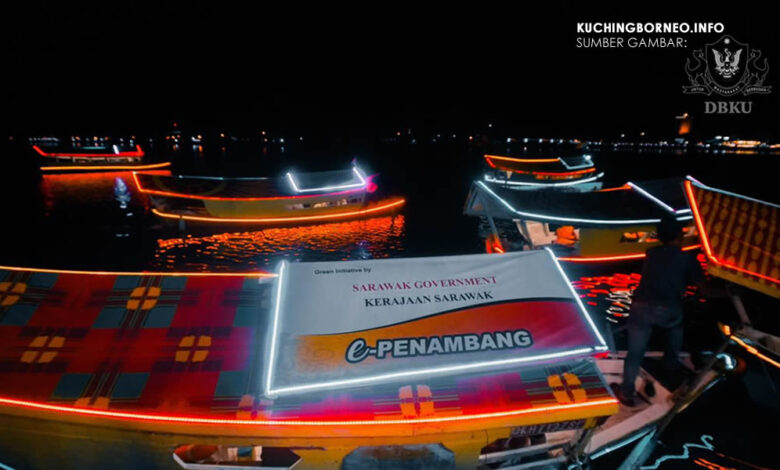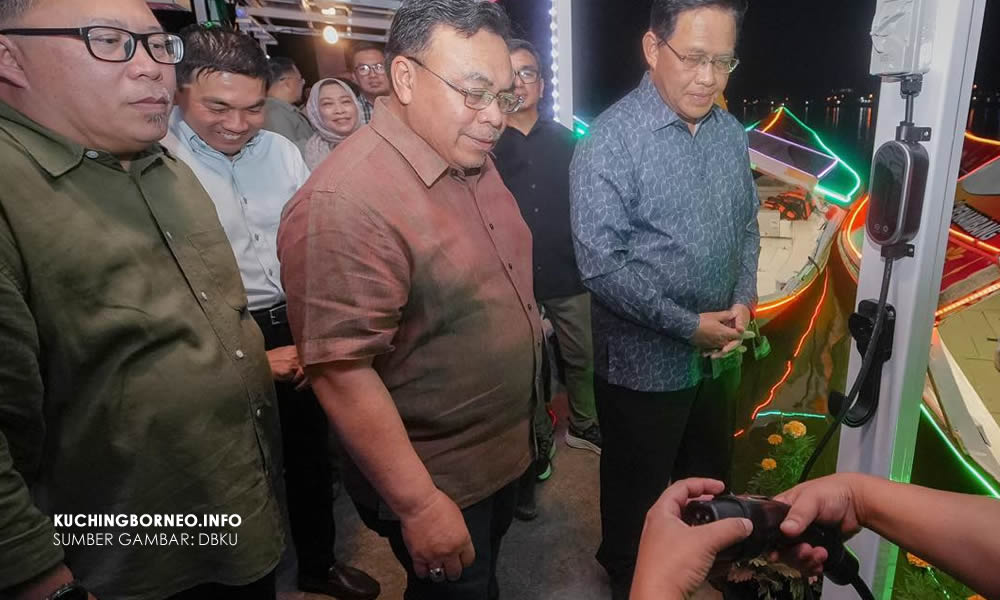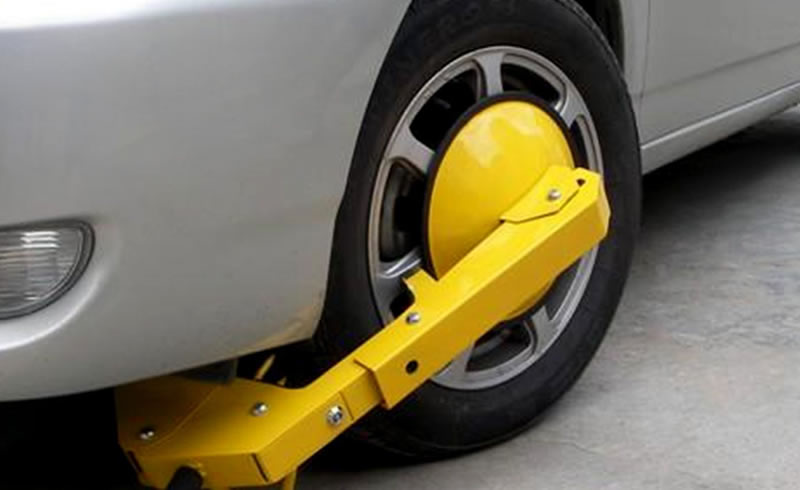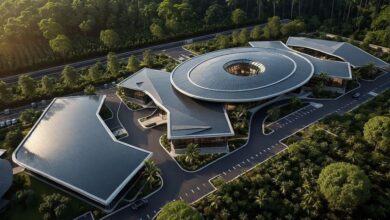Perahu tambang in Kuching are now EV powered

The traditional penambang boats, known also as perahu tambang, will slowly be powered by EV systems.
The change is an innitiative by Sarawak government who is keen to promote sustainable river transport with the E-Penambang Project, a significant initiative to upgrade its iconic traditional riverboats to electric-powered vessels.
According to Kuching North City Commission (DBKU)’s social media sharing, the project aims to transform the boats into safe, efficient, and low-carbon modes of transport while preserving their classic design and heritage value.
For starters, nine existing perahu tambang have already been successfully upgraded with EV systems, and a new solar charging station has been built at the Kampung Sungai Bintangor Pontoon Jetty.
This charging station is a notable achievement, as it is Sarawak’s first floating solar charging station.
The station utilizes a 19.84 kWp bifacial solar PV system and operates under the Net Energy Metering (NEM) scheme, offering 10 charging points. It also has the potential to integrate with other renewable energy sources, such as battery storage and hydrogen power, in the future.

About the E-Penambang Project
The concept of the E-Penambang was first introduced in May 2023 with the development of a full prototype by Sarawak Energy, followed by a Proof of Concept (POC) for the first electric riverboat at Kuching Waterfront in October 2023.
It is a collaborative effort led by the DBKU in partnership with Sarawak Energy Berhad (SEB), the Centre of Technical Excellence Sarawak (CENTEXS), and Universiti Teknologi Malaysia (UTM).
The initiative, which began in April 2025, is scheduled for full completion by June 2026.
Each E-Penambang is equipped with a 3kW electric propulsion system powered by a 3kWh lithium battery, offering a silent, zero-carbon operation with significantly lower running costs.
The project’s pilot phase has shown that these electric boats can reduce operational expenses by over 80% compared to their petrol-engine counterparts making it an important project related to Sarawak’s commitment to decarbonization, a green economy, and smart urban development.
News and photo source: DBKU





